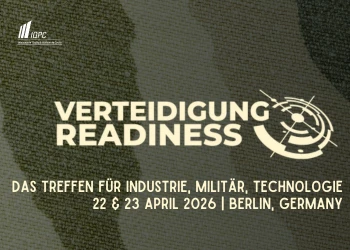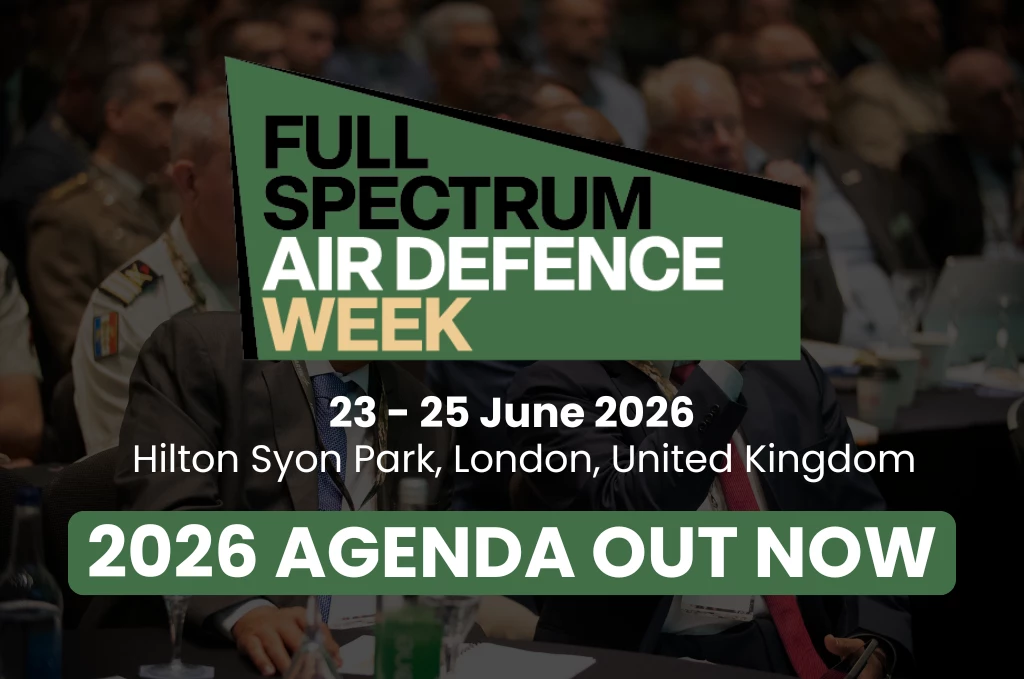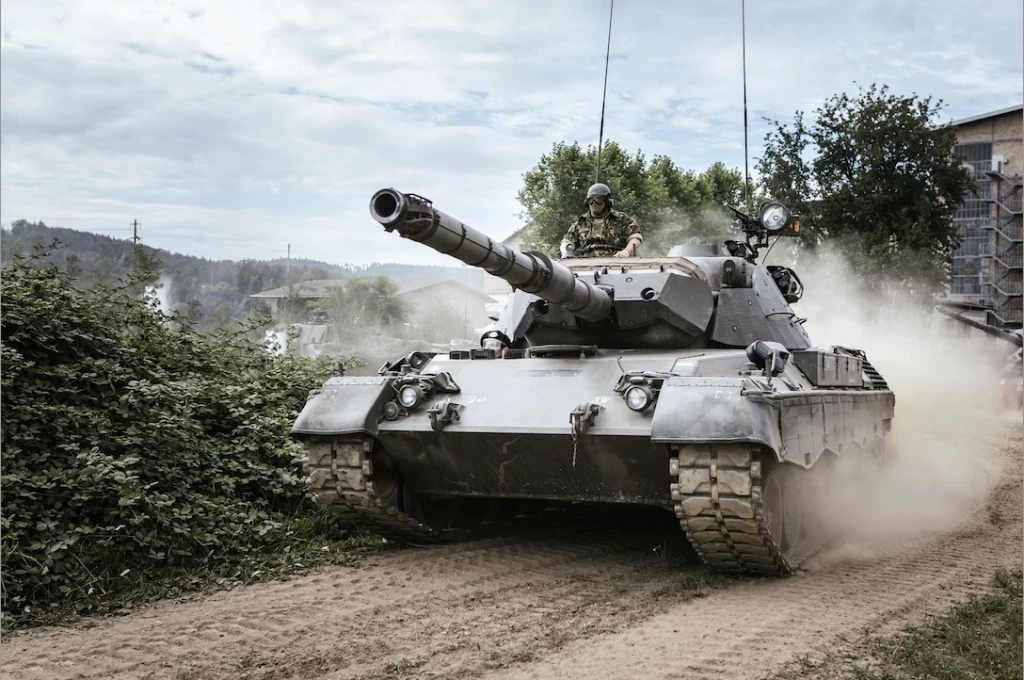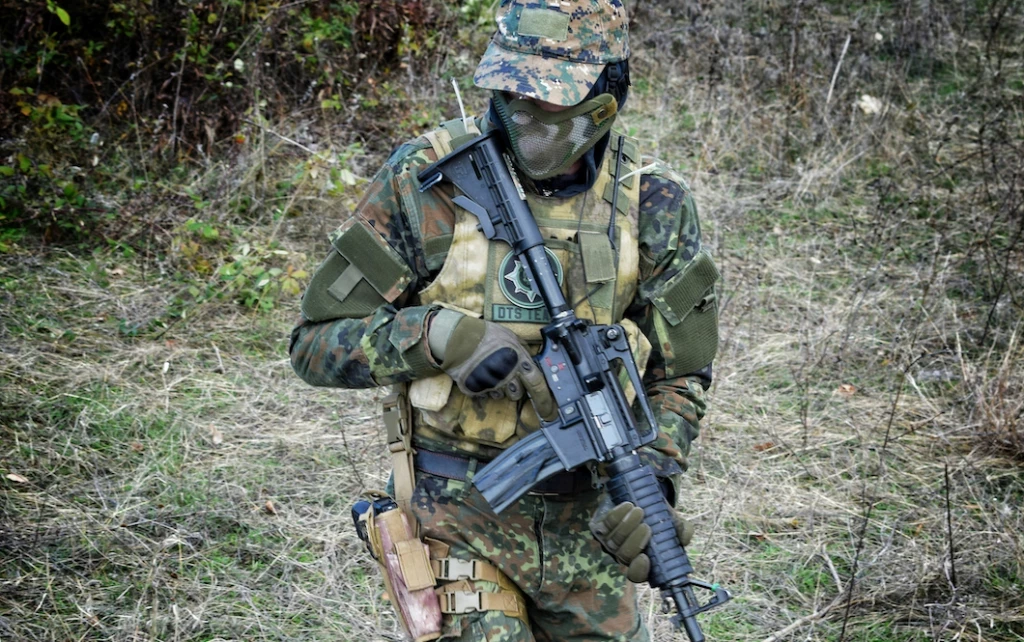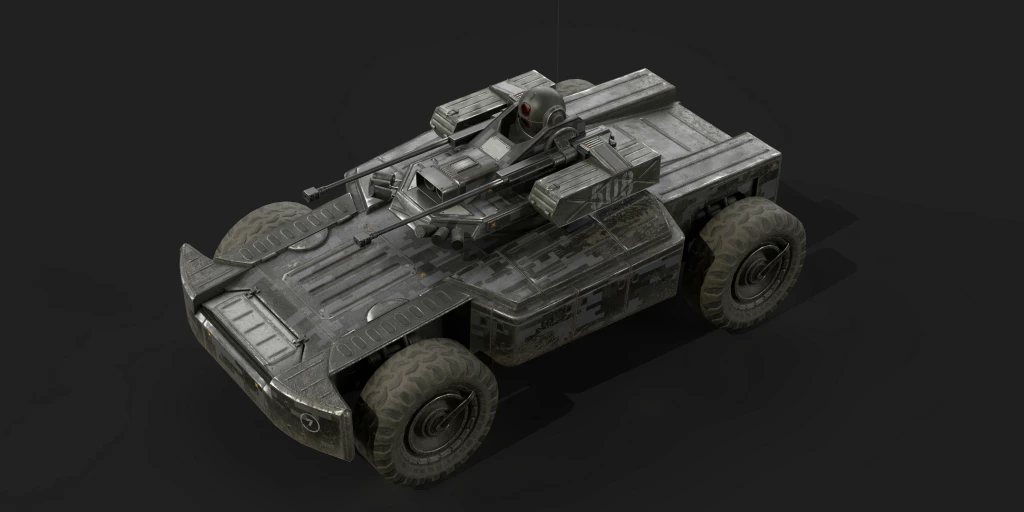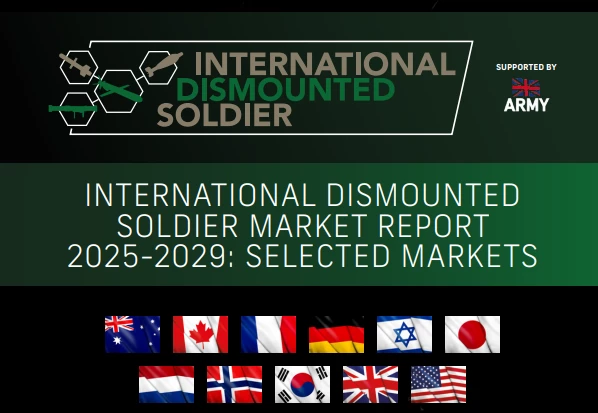Is a European Union army realistic?
Talk of a European army has led to heated debate over the state of the transatlantic partnership, NATO and European defence spending. Is there actually cause for concern?
Add bookmarkMacron’s proposal for a European army has put the US administration on edge
In an interview with Europe 1, French President Emmanuel Macron stated that Europeans had to “protect themselves against China, Russia and even the United States”, in response to Trump’s decision to withdraw from a nuclear arms control treaty dating back to the height of the Cold War.
Macron used similarly assertive language in a speech at the Ambassadors’ Conference, affirming that Europe could no longer “hand over its security to the United States alone.” Furthermore, at the Summer Defence Conference, Florence Parly, Minister of the Armed Forces, echoed Macron's sentiments and criticised President Trump, stating that “We listen to the President of the United States, we read his tweets […]. The United States is our ally, our friend […] but today, we have cause for doubts. Will the US always be there for us, everywhere and under all circumstances?”
Reactions to the idea of a European army have been mixed. In a recent interview at the Halifax International Security Forum, UK Air Marshal Sir Stuart Peach, chairman of the NATO Military Committee, pointed to NATO’s strength as a single set of forces, with a unique command and control network and planning process. He also argued that a European army would simply duplicate what NATO already does. Indeed, a scenario where NATO and a European Union army can work coherently with two different command structures is difficult to imagine.
"Will the US always be there for us, everywhere and under all circumstances?”
If we take a look at history to make sense of this seemingly worrying situation, we realise that European defence spending has always been a point of contention. In 1963, Alain Peyrefitte, a close confidant of Charles de Gaulle, was already questioning the US resolve to defend Europe against the Soviet Union, arguing that “America would wage war rather than leave us at the mercy of the Soviets. But under what conditions, at what time, with what means? During the first and then the second war, they ended up rescuing us. But what a state we were in!"
Heads of governments at the opening ceremony of NATO summit 2018 at Brussels, Belgium. Source: Shutterstock
De Gaulle himself, particularly suspicious of the presence of American forces on French soil within the framework of NATO, considered that France should remain independent. He disapproved of the integrated military system, considering it necessary for France to retain full control of its defence. Indeed, there is nothing new under the sun.
Likewise, President Donald Trump’s reaction to Macron’s proposal for a European army was not a surprise. In a tweet posted on November 9th, he declared that “President Macron of France has just suggested that Europe build its own military in order to protect itself from the U.S[...]perhaps Europe should first pay its fair share of NATO, which the U.S. subsidizes greatly!”
Recommended: Op-Ed: Can Britannia ride the waves in choppy European seas?
Trump is not the first US President to make the claim that it is time for European countries to pay their share of the burden when it comes to NATO spending. However, as noted by Jeremy Shapiro, Research Director at the European Council on Foreign Relations, he is the first to make the case that the U.S. can simply “walk away” from NATO. It is precisely this decoupling approach that has put Atlanticists on edge and cast doubts about the sustainability of the transatlantic relationship.
"A scenario where NATO and a European Union army can work coherently with two different command structures is difficult to imagine."
Nonetheless, the US President's repeated threats to reduce US military support to NATO have not materialised. They did, however, encourage allies to make good on their promise to spend 2 per cent of their GDP on defence by 2024. Ambassador Kay Bailey Hutchison, the permanent U.S. representative to NATO, told reporters during a White House briefing that NATO had seen “the biggest increase in defence spending by our allies since the Cold War."
Who supports a European army?
As far as Europe is concerned, Macron will have a hard time selling his vision for a European army, even if it is complementary to NATO. By not dwelling on the legality of such a move under EU treaty-based law, the chances that all Member States agree on a defence project, let alone an army, are rather slim.
Recommended: Is there a future for the SU-57?
Merkel has voiced support for the project in Strasbourg, but it remains to be seen if this is not just empty talk. Indeed, by the end of the year, Germany will have to renew its ageing fleet of Tornados. The question on everyone’s mind is: will Germany, unlike Belgium who just bought US F-35, pick a European manufacturer? In Central Europe, Macron’s strategic autonomy vision is rather seen as plain anti-Americanism, especially the proposal to envisage "a new security architecture with Russia” he made at the Ambassadors’ Conference. For Poland, a French-led European army raises suspicions and concerns about the possibility that such an initiative could weaken the country’s relationship with the United States.
Related: Belgium and the F-35: How will the purchase affect NATO and European strategy?
The timing of Macron’s proposal could not have been worse. Claudia Major from the SWP foundation in Brussels explains that all those talks about European defence could make Trump “take us at our word and say: ‘OK, I am out!’” What’s more, a NATO diplomat told Carnegie Europe that “It’s bad enough, Trump criticising the Europeans and really not caring that much about them, but Macron’s way could be interpreted as Europe itself drifting from the United States.” All those divisions, within Europe and across the Atlantic Ocean, are playing right into the hands of Russia, who has always sought to create a rift between NATO allies in order to advance its own interests.
F-35. Source: Shutterstock
Then again, considering the timing of Macron’s big announcement and his falling popularity at home, one has to wonder if this is not just an electoral move to bolster his image as a strong leader. Overall, Macron’s proposal for a European army has resulted in heated debate, but in the end, it is unlikely a unified European army will emerge anytime soon.





